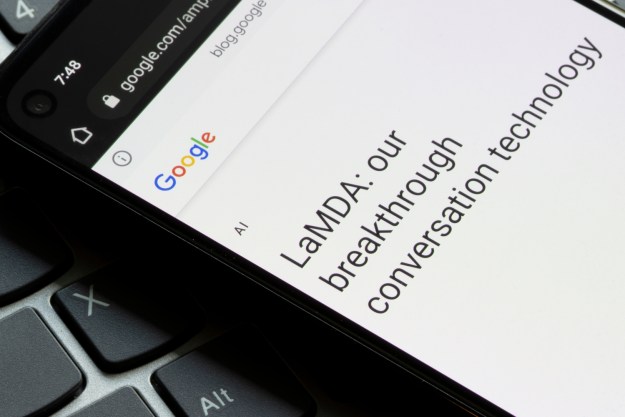 Everyone knows by now that Google’s algorithm update had its faults – many of which the search giant has been working to amend. Despite its best intentions, some reputable sources found themselves buried pages beneath their former page ranks due to Google’s attempt to sweep as many content farms and spammy sites into oblivion.
Everyone knows by now that Google’s algorithm update had its faults – many of which the search giant has been working to amend. Despite its best intentions, some reputable sources found themselves buried pages beneath their former page ranks due to Google’s attempt to sweep as many content farms and spammy sites into oblivion.
Now Google is introducing another way to get rid of these types of sites. Users can now further customize their results by blocking specific URLs from ever showing up in their searches again. The new feature is available in Chrome 9+, IE8+, and Firefox 3.5+ and is nothing more than a link that appears with search results giving users the ability to block that source from showing up in your future queries. And of course, if you change your mind, there’s a “manage blocked sites” option.
Google also notes that this will not affect user-blocked sites’ page rank, so website operators can breathe a small sigh of relief. We say small because Google notes that “we’ll look at the data and see whether it would be useful as we continue to evaluate and improve our search results in the future.” On the surface and for the time being, this seems like an ideal way for Google to address the types of sites its recent adjustment attempted to: Give the users all the control in the world to rid themselves of unsavory or unsatisfying content without looking like it’s trying to play SEO god. The idea that Google would determine what a “high-quality” site was didn’t sit well, and this new solution coupled with the search engine’s evolving alterations will hopefully restore the content that deserves high rankings and suppress those that don’t. But if Google did begin taking user block lists into account for its own page rankings, what would keep website owners from creating multiple accounts and blocking the hell out of their competitors? We’ll keep an eye on Google’s plans for this feature, and possibly how it will address the possibility of abuse should it affect Google search results on a wider scale.
Editors' Recommendations
- How to delete a page in Google Docs — with or without content
- How to generate AI art right in Google Search
- Google witness accidentally reveals how much Apple gets for Safari search
- I finally upgraded my Google One storage. Here’s why I might never do it again
- How to use Google SGE — try out the search generative experience for yourself


